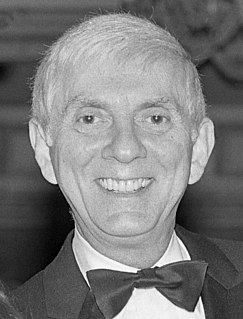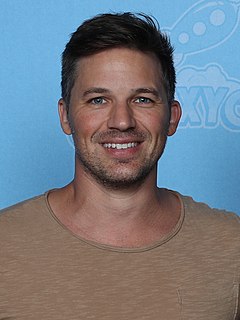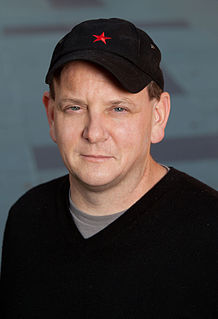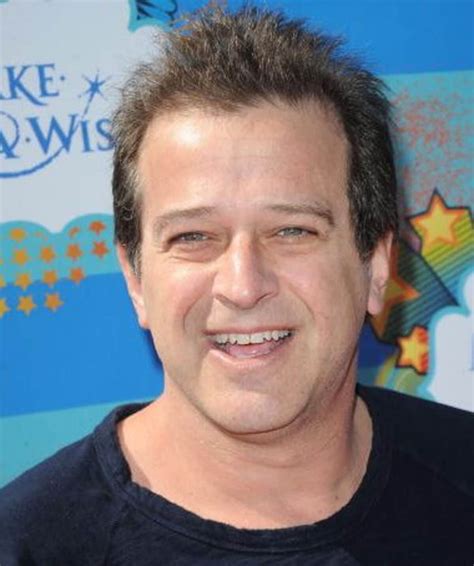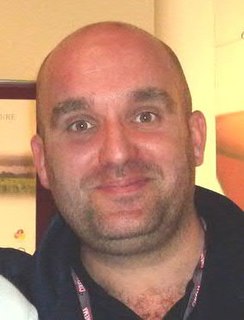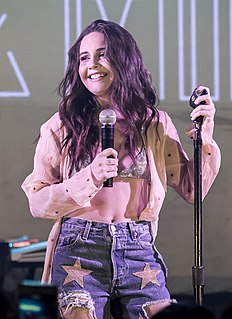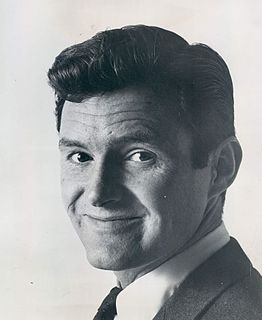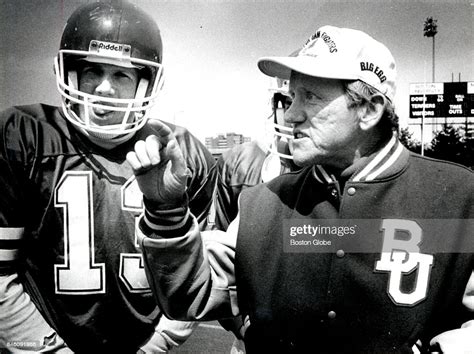A Quote by Aaron Spelling
But it's true, when you see some television, you carry it with you. It's like 90210. Tell me what young shows were being done then... We were thrilled about the ratings around the world.
Related Quotes
'90210' was looking at teenagers from a perspective that hadn't really been seen on television, though it had been seen in movies like some John Hughes films. I don't know if you want to say '90210' was real, but what the characters were going through was relatable - in a very glamorous environment.
Miles and I had been looking to do a martial arts show for some time. Our first two movies that we wrote were "Lethal Weapon 4" and "Shanghai Noon" with Jackie Chan. Then we sort of got pulled into the superhero world, but then you look around at what's not on television and there wasn't really a martial arts shows. There are shows that do martial arts to a degree, but there's not a martial arts show.
Growing up, there were TV shows that were very funny but very traditional. Classic things like 'Fawlty Towers,' obviously, and 'Blackadder' were pretty traditionally shot. And then there were the ones that start to break the mold or be really ambitious. The ones that spring particularly to mind would be 'The Young Ones.'
As a parent with young children, I would always find little things that bothered me when I was reading bedtime stories or watching shows or listening to children's music. I couldn't find any stories, games or television shows that were fun and exciting while also being morally instructive and patriotic.
There were more people against going into Iraq than there were going into the Falklands... but the shame I carry as a British resident, was that it was a war handled in the media as if it were a World Cup summer. Like when England go into the World Cup, there are Union Jacks on the papers, and you can look at headlines from the time and it sounded just like that. Ultimately, I was privy to footage from ITN archives - that wasn't shown on television - of the people we were fighting, and it was shameful. It was bullying. It was really horrible. How could we have been proud of winning that?
A genuinely persuasive argument does not merely tell you that you are wrong about everything. It doesn't just beat on you from the outside. It comes inside your belief system, as it were, and affirms something you believe strongly. And then it says - well if you believe this (A) then why in the world can't you see that B is true?
It just struck me as really odd that there were all of these conversations going on about what young women were up to. Were young women having too much sex? Were young women politically apathetic? Are young women socially engaged or not? And whenever these conversations were happening, they were mostly happening by older women and by older feminists. And maybe there would be a younger woman quoted every once in a while, but we weren't really a central part of that conversation. We weren't really being allowed to speak on our own behalf.
I really did feel like I was surrounded by family members. I didn't have a dad, and I remember there were all these guys - in the old days, there were no women, except a makeup artist or, occasionally, a script supervisor. So there were just guys who taught me how to, you know, whittle wood, or how to pull focus, and what the camera was doing. And if I was being bratty, they'd sit me down and tell me. There were lots of rules about not being late and making sure that you didn't spill anything. So it felt a little bit like I was in a family.
I always wanted to have a young female artist that would tell me the truth about life and not only talk about the good things or the things that were exciting or interesting but also talk about the things that people in general are skeptical to talk about- the bad things that do happen. A good 50% of our lives is things that are happening that we're not necessarily super thrilled about and I feel like that's missing from pop music a lot of the time so my main goal is to be truthful about everything and not just specific things.
Back in the fifties I was the hot, young comic on CBS and a regular on 'The Ed Sullivan Show.' I was also starring in shows on Broadway and acting in dramatic programs on television. Those were the glory days of television. It was like theater. It was live. If an actor forgot a line, he improvised. There was an immediacy to it.
